I was fascinated by space travel as a child. While stargazing one night, my brother challenged me to walk to our uncle’s house unaccompanied, promising the fulfillment of my dream as a reward. The impossibility of the two scenarios felt equal to me, the stars as unreachable as uncle’s house at midnight; we laughed it off.
More than a decade later, I found myself recalling this memory as I hurried down a pasture, eager to get ‘home’. The distance between Karimabad; the nocturnal city center of Hunza, and our communal residence was 20 minutes long – enough for me to cook up at least as many dreadful imaginary situations. Knee high grass blades limited my vision as I stumbled into one of the water channels, drenching my treasured pair of shoes in turbid water. I reached Beeshkar alone that night, cold, scared, and proud of myself.
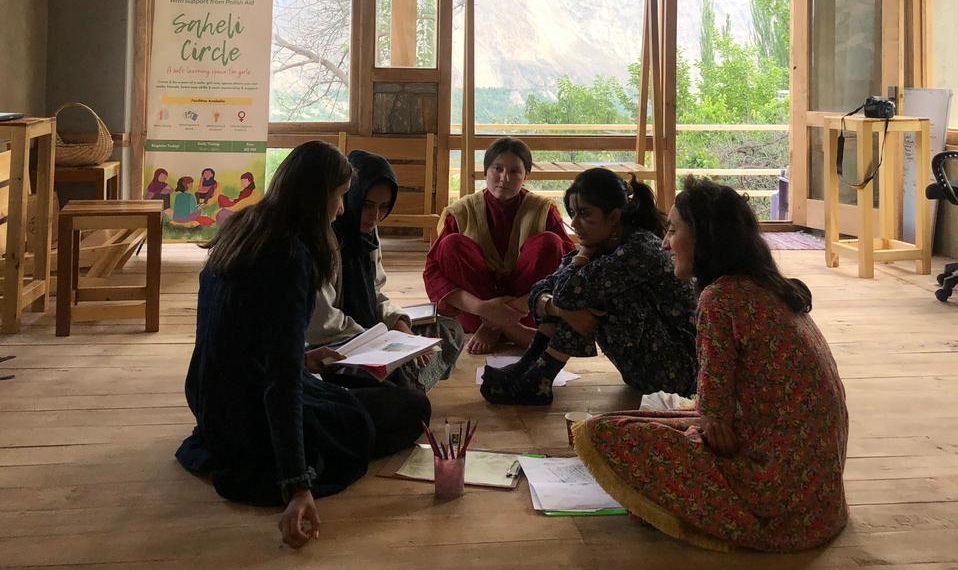
To provide some background, I spent three weeks in Hunza on a volunteer trip. Volunteerism lies at the core of this valley. With 98 percent of its population following Ismailism that holds the concept of service to humanity as its vital value, one finds scouts as young as seven years old assisting people outside their primary spaces of worship and gathering during prayer hours. The region’s water supply depends on the water channels descending from glaciers, repaired each year by the community on a voluntary basis.
With little electricity, a scarce gas supply, and no internet, it is this interdependence and willingness to help that keeps the fabric of the community intact. The Innovate Educate & Inspire (IEI Pakistan), one of the few non-governmental organizations operating in the remote areas of Gilgit-Baltistan and the organization I was working with, was established some eight years ago from its founder’s decision to stay back to volunteer. They have hosted over 100 volunteers ever since and continue to stress the need for this spirit.
On a mission to teach creative expression through debate and writing, I discovered a range of emotions previously unknown to me
The IEI Pakistan is an interesting project. Marvi Soomro, a software engineer working in the corporate sector, visited Hunza as part of a writer’s residency. She saw what she now describes as “educational poverty” and decided to stay. What started off as a purely intervention-based volunteer model for teaching now continues as a registered NGO. They have built two Saheli Circles (safe spaces for girls, fully equipped with books, art and sports supplies, and more), various tech labs, schools, libraries and workshops.
Each year, a steady stream of volunteers from across Pakistan visits, shares knowledge, and experiences the region in its true element. It is Marvi Soomro’s antidote to the exploitative tourism that plagues the valley otherwise, with people from the plains blaring music, polluting the area, and having no regard for the local culture. On a mission to teach “creative expression” as I knew it – through poetry, debate and writing – to the seemingly emotionally unavailable students, I discovered a range of emotions previously unknown to me. The elegiac poems they wrote, the grief they captured in the recently-learned expression, and their emotional capacity as they recited their work nonchalantly brought us all to tears.
STRANGERS AND STORIES
Spending various evenings exploring Karimabad on my own, I got to explore the sylvan fantasy of mingling with strangers. As Punjabi women, our experience with mobility is often severely restricted. This I noted during our workshops in the remote valley of Ghizer, an isolated area with little contact with the outer world. We felt safer, more open, and easily accepted in the public eye in Chatorkhand – a small village – with limited exposure than we did in the connected plains. Karimabad was even more welcoming.
As I befriended vendors, forming a daily path with routine stops to chat with recently formed acquaintances — Ismail the woodshop owner, Aurangzeb the gemstone dealer, Shahab a hotel guard, and various others — I became familiar with their stories. They talked of dreams of building more street cafes, of the infrastructure problems in Gilgit-Baltistan, of unpredictable tourist seasons, and of daughters who work and save up ‘secretly’ to surprise their fathers with vehicles, only to offer to sell them to pay off family debt, redefining the tale of “The Gift of the Magi” for me.
In every way, Hunza, a safe and walkable space with welcoming residents, taught me a different way of living. From learning to live independently, speaking without fear, revisiting my favorite literature with young girls in a girls-only space, and being inspired by the successful women who volunteered with and hosted us, I returned much richer than before. For that, I have IEI Pakistan to thank.




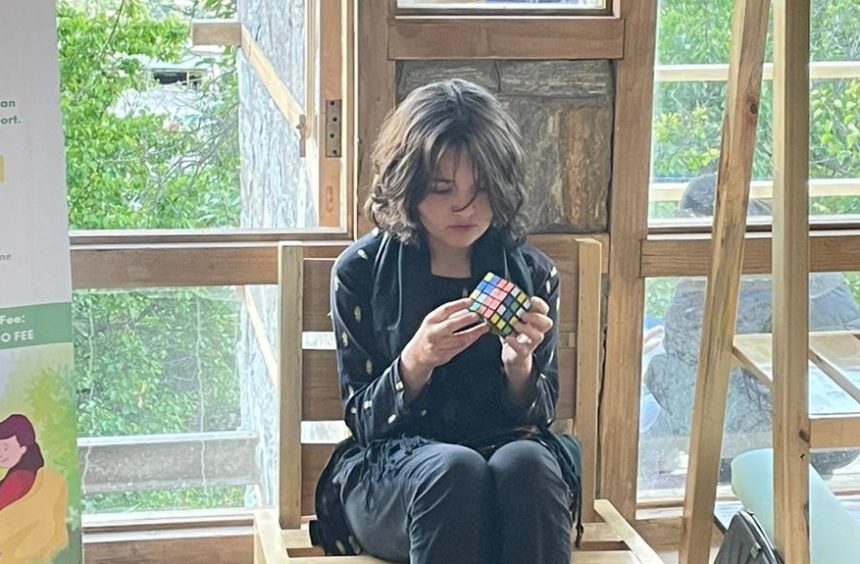
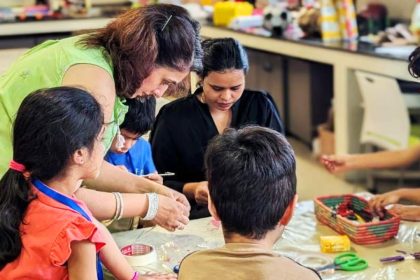


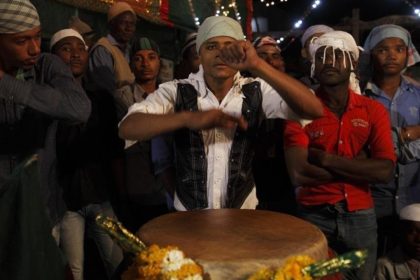
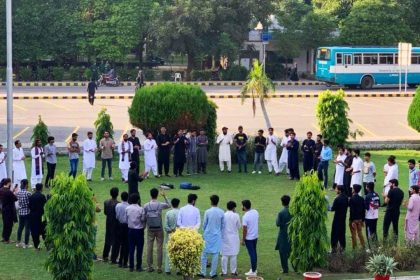
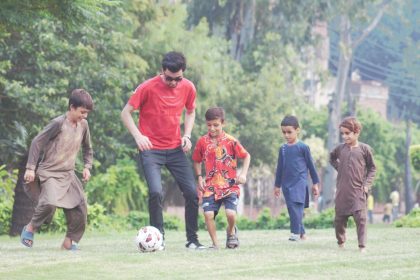
☝️
A very insightful read
Beautiful! Couldn’t help but leave a comment! I just read this girl’s work on substack and i must say, I’ve never been more impressed by anyone’s writing! What an impactful approach she possesses, reminded of someone i knew from the past.. Well, simply put, an absolute delightful experience of reading!